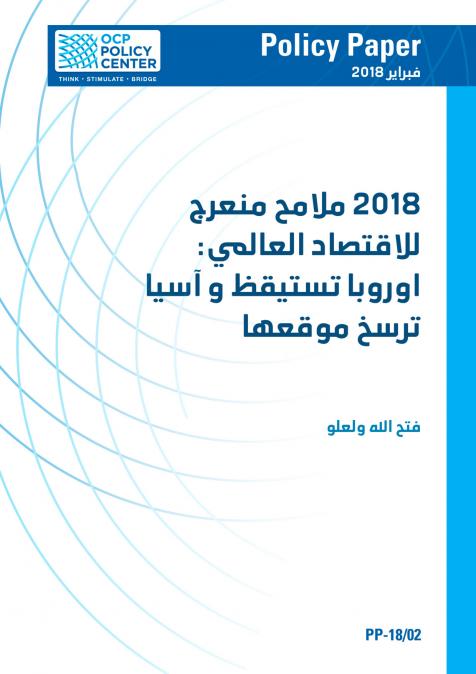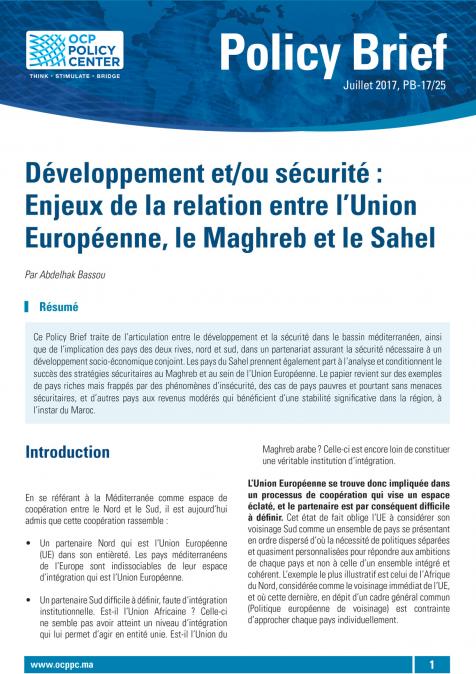Publications /
Policy Paper
Policy Paper
Quel partenaire allemand pour l’Afrique ? Le continent face au gouvernement Scholz
December 27, 2021
Dans un pays aussi stable que l’Allemagne, les changements de Chancelier sont rares. Angela Merkel est restée seize ans au pouvoir, tout comme en son temps Helmut Kohl. La nouvelle coalition à trois partis (sociaux-démocrates, verts, libéraux) entend faire bouger le pays. Comment l’Afrique doit-elle aborder le nouveau pouvoir ? Celui-ci peut-il insuffler de la dynamique aux relations euro-africaines ? Peut-on attendre de Berlin une appréhension fine des enjeux de développement et des subtilités géopolitiques du continent ?







